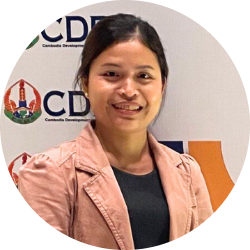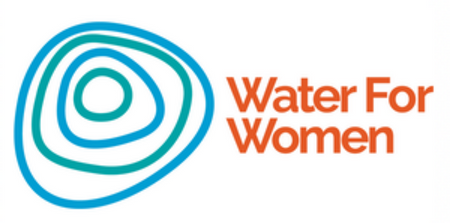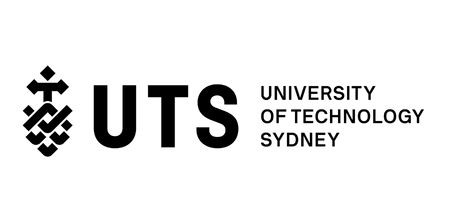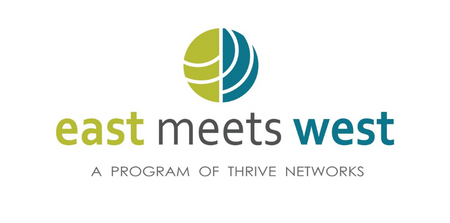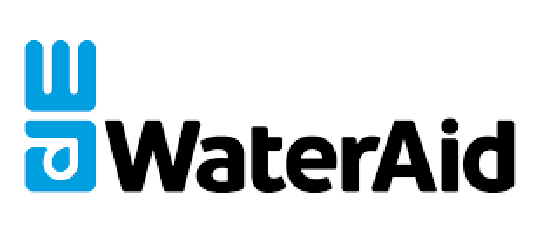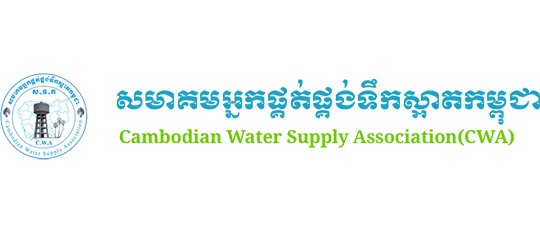Strengthening Water Resources Management Planning Systems for Inclusive Climate Resilient WASH Services
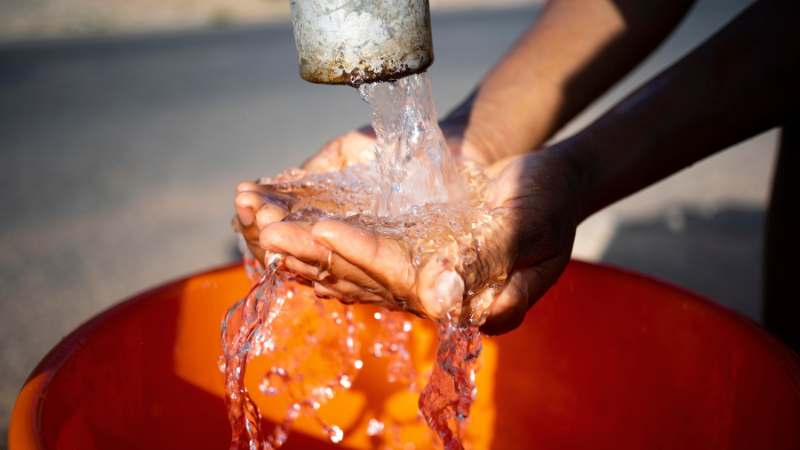
Climate resilient water safety planning (WSP) has commenced in Cambodia, and new guidelines have been developed by government agencies to inform and guide climate-resilient water resources management and water security. These two new guidelines have been developed by the Ministry of Industry, Science, Technology & Innovation (MISTI) and the Ministry of Rural Development (MRD) with research partners, including Cambodia Water Association (CWA), WaterAid Cambodia, and East Meets West Cambodia (EMW), will pilot and adapt these guidelines to inform commune-wide climate-resilient water planning.
University of Technology Sydney, Institute for Sustainable Futures (UTS-ISF) will work with WASH research partners CDRI, EMW, CWA, and WaterAid and local communities to support them to collect, analyse and use evidence to support Gender equality, disability and social inclusion (GEDSI) informed climate resilient water resources planning, drawing on co-production, Participatory Action Research methods and systems thinking tools within an overall system strengthening approach (e.g. WASH systems building blocks) to support incentives and implementation of climate resilient water safety and water management planning.
Project Objective
- In what ways are WASH CSOs and associations engaging in climate-resilient water resources management planning at varied scales in Cambodia (commune, district, catchment)?
- How can existing or new tools and frameworks for risk and resilient WASH assessment be used and adapted to meet the needs of WASH system actors in Cambodia to secure more climate-resilient services? How are CSOs and associations utilising recently released water safety planning tools issued by government agencies MRD and MISTI? What are the incentives, challenges, and barriers for implementation, and how can these incentives be better understood to drive the uptake of tools and frameworks?
- To what extent do new and existing tools and frameworks incorporate GEDSI and women’s leadership considerations and opportunities? How could they be improved?
Project Members
Other Projects
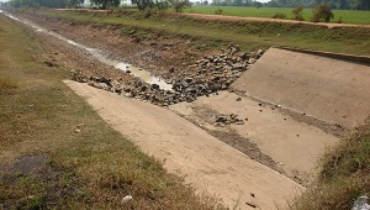
Managing Water Scarcity in the Mekong Region – Cam...
The Cambodia water scarcity profile is a stock-taking exercise designed to understand what water scarcity challenges exist in the country an...
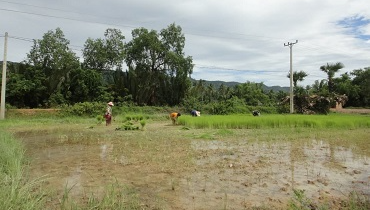
State of Gender Equality and Climate Change in Cam...
Under technical and financial support of UNEP and UNWOMEN, the assessment report is “a tool” to raise awareness about the benefits, advant...
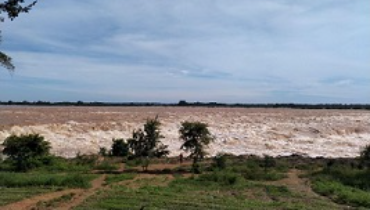
Challenges and Potentials of the Community Based E...
Community based ecotourism has been considered as an effective natural resource governance policy for both forest conservation and livelih...
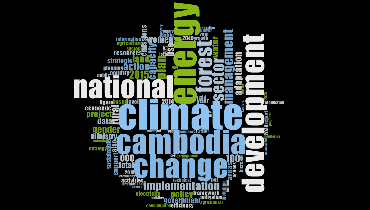
The State of Climate Change in ASEAN Region: Cambo...
Working to support Institute for Global Environmental Strategies (IGES), CNRE contributes to developing a comprehensive report on the stat...



